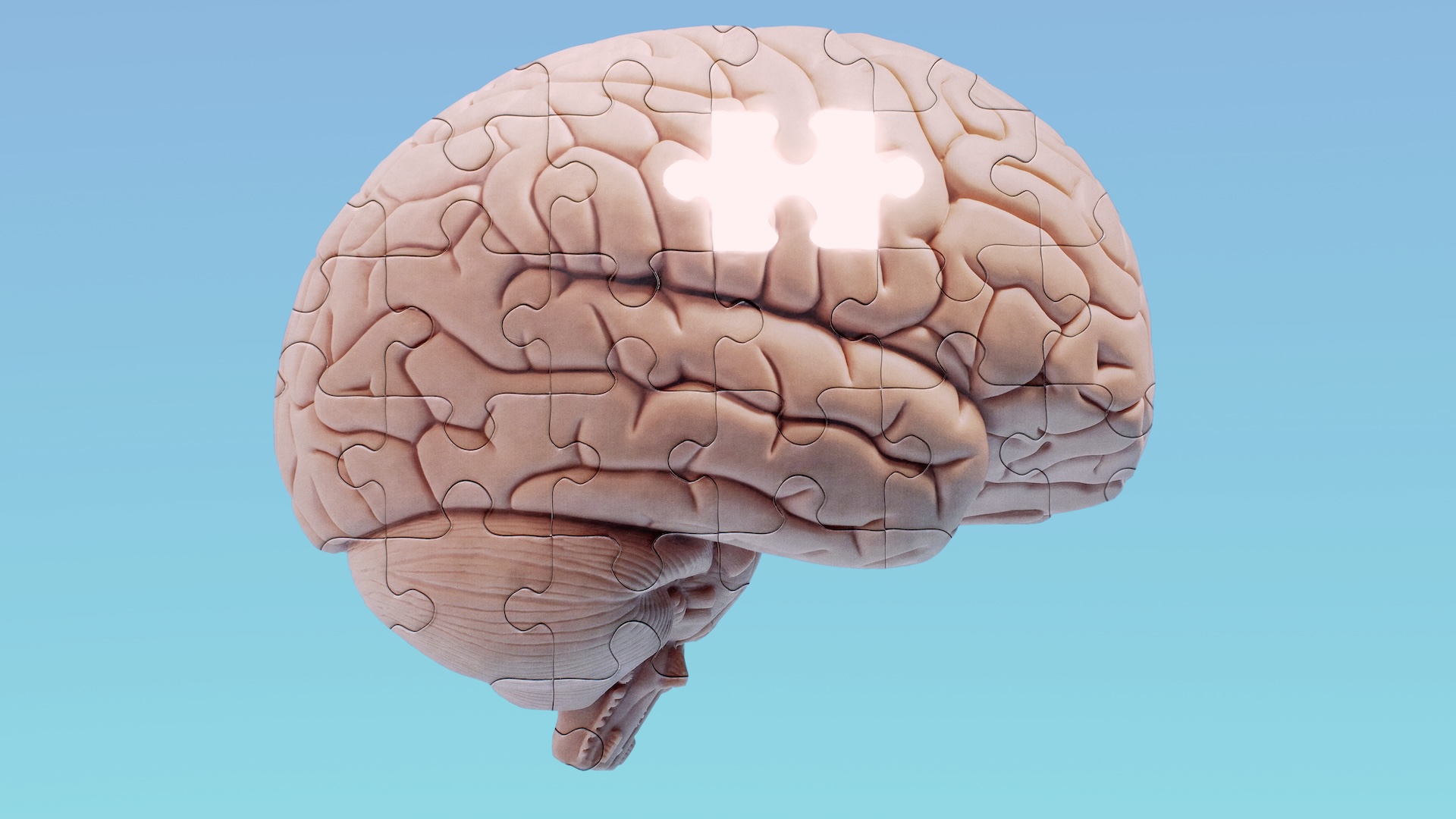You can use up all the storage on your phone or max out your computer’s drive, but can you use up all the memory space in your brain?
Despite how you might feel before an exam or after a sleepless night before a work deadline, neuroscientists say that for a typical, healthy brain, memory capacity isn’t fixed or easily used up.
“There isn’t a meaningful limit to how much information the brain can store,” said Elizabeth Kensinger, a professor of psychology and neuroscience at Boston College. “Memories can be thought of as the data the brain uses to understand the current moment, to make predictions about the future, and to scaffold future learning.”
That’s because the brain doesn’t store memories as isolated files in one specific nerve cell. Instead, a single memory is distributed across many neurons called an engram — a group of brain cells connected and scattered across brain regions. Neuroscientists refer to this pattern, in which a memory is recorded across many neurons, as distributed representation. Each of those individual brain cells plays a role in many different memories.
Consider a memory, such as your 12th birthday party. It is not being stored in a single mental folder. The color of the balloons, the taste of the cake, the sound of your friends singing, and the feeling of excitement all activate different sensory and emotional centers — your visual cortex, taste cortex, auditory system and emotion-processing regions. These areas fire together in a specific pattern, and that pattern of neural activity stores the memory. When you recall that party later, you reactivate the pattern.
This method has significant advantages. Because neurons can participate in numerous combinations, the brain can encode huge numbers of memories. Kensinger suggests related memories share overlapping patterns, helping us to generalize and make predictions — something many neuroscientists believe is the reason for memory. And if a few neurons are damaged, the memory may still be recoverable because it’s not stored in just one place.
Paul Reber, a professor of neuroscience at Northwestern University, explained to Live Science that distributed representation is part of what gives the brain its enormous memory capacity. The potential combinations grow exponentially, since each neuron participates in many memories involving overlapping neurons.
Why don’t we remember everything?
If the brain isn’t limited by memory space, why don’t we remember everything? This is because the brain’s memory system runs much more slowly than life happens. While information constantly streams in, only a fraction can make it into long-term storage.
Reber suggested thinking of memory like a video camera that only works at 10% of its capacity; we can only remember about a tenth of the specific events, experiences, and encounters we experience.
The information that does get into our memory system is gradually laid down into durable memories that will be there for the long term. That process is called consolidation.
“The storage process is the real bottleneck,” Reber told Live Science, “not the total amount of space that you have.”
What determines what we keep and what we forget?
At any given moment, tremendous amounts of information come into our brains from all our senses, but we don’t need to remember it all.
Human memory did not evolve for perfect recall, Lila Davachi, a professor of psychology and neuroscience at Columbia University, noted. Our memory system evolved for survival, so we prioritize what is helpful so we can navigate the world.
“The memory system is built to only encode what is adaptive and necessary,” Davachi, told Live Science.
“We just happened to get so good at it that we have this extra reserve that allows us to reminisce about things that happened when we were in college,” Davachi said. “That’s not adaptive. I’d argue we don’t need it. Why is our memory system keeping that around? Well, it’s possibly just an accident.”
Kensinger explained that there are efficiencies in how the brain processes and remembers information. “When similar information is encountered over and over again,” Kensinger said, “the brain tends to shift from storing the specific details to storing the more general content or schemas of the information. This is an efficient way to store information.”
Consider your drive to school or to work. You don’t remember every trip, because most of them are similar. Rather than storing each drive as its own memory, you recall the general experience. “The brain will tend to store the details of specific drives only if they had something distinctive happen, Kensinger added,” perhaps a road was flooded, or you narrowly avoided an accident.”
Far from running out of space, our brains constantly reshape what we know to help us adapt, predict and learn. So the next time you forget where you left your coffee cup, don’t worry; you’re not running out of space. It’s likely your brain just had more important things to remember.
Psychology quiz: What do you know about psychology’s most infamous experiments?
